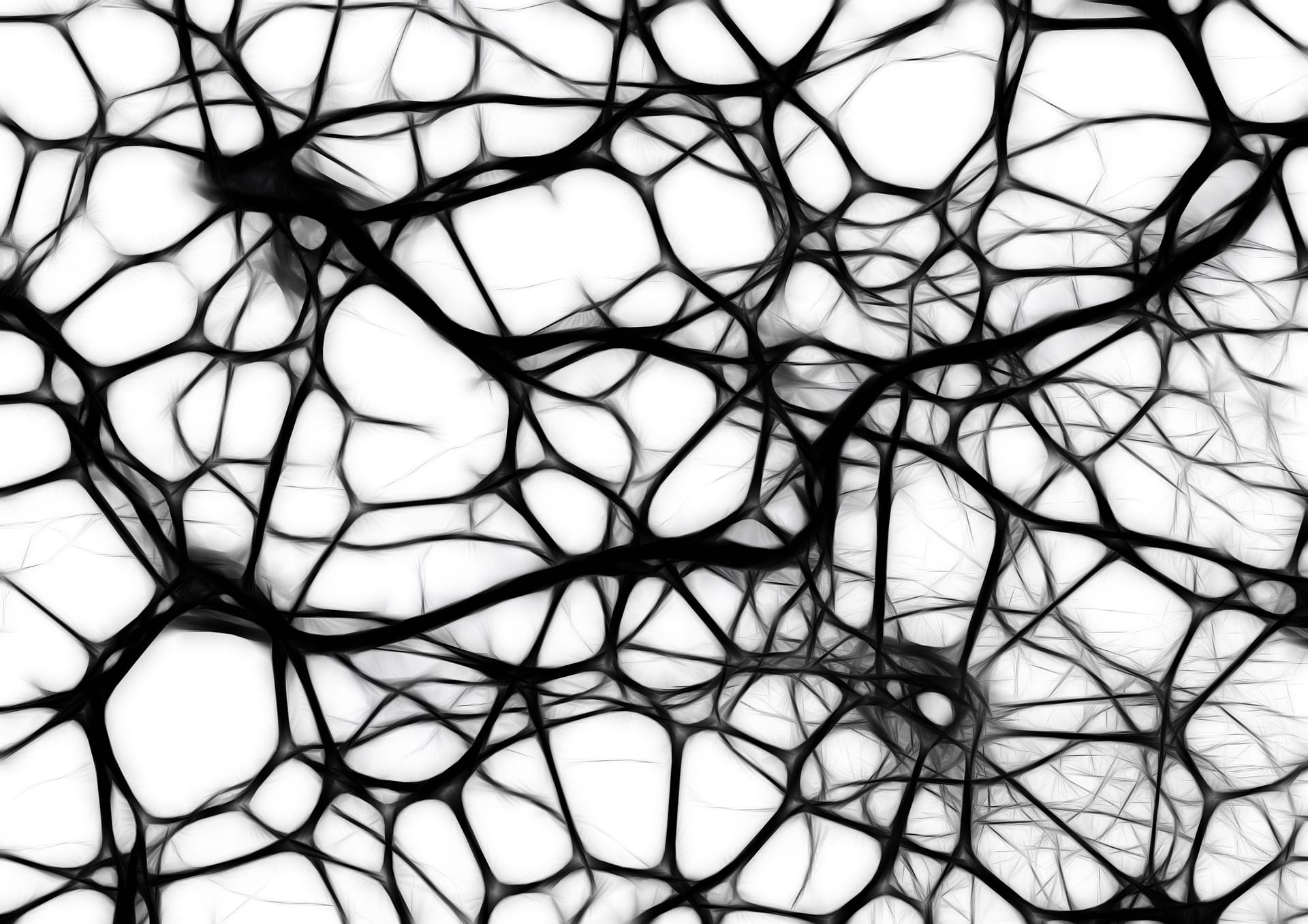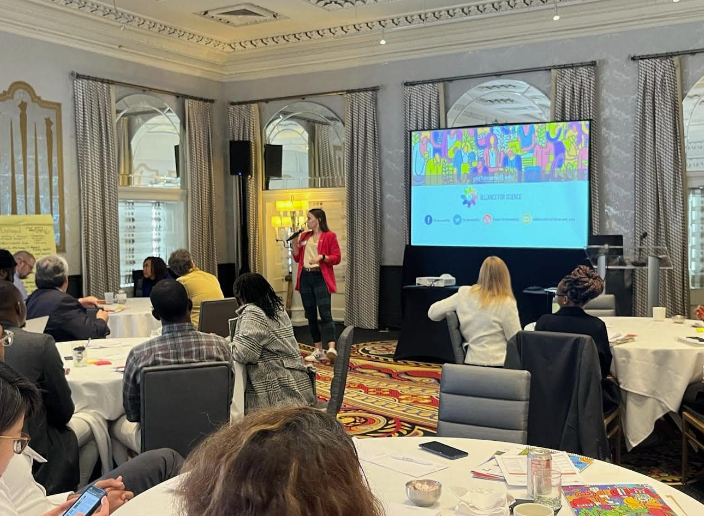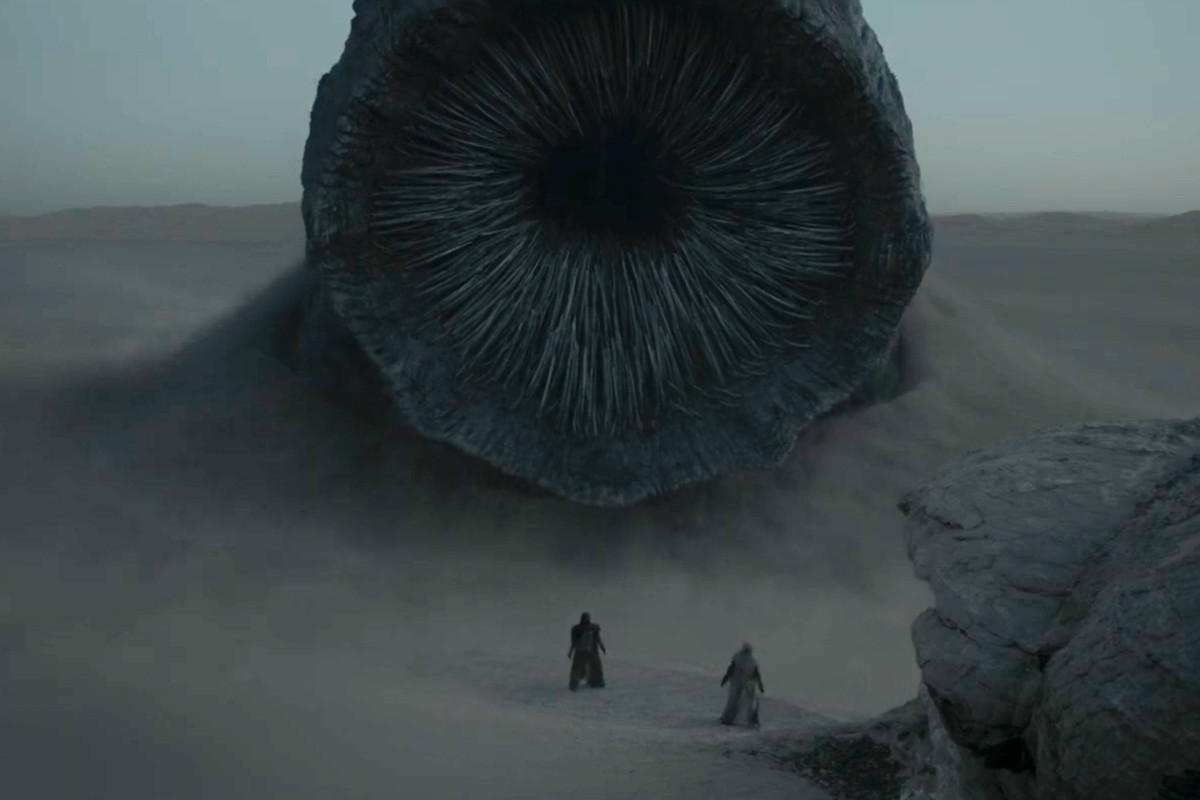This blog post is part III in a three-part series about quantum mechanics. In case you missed them, check out part I here and part II here.
The more we learn about the world around us through the lenses of science, philosophy, and our own personal experiences, the more we question the world around us. What role do we play in this complicated world defined by quantum mechanics and modern physics? Of all the things we understand through science, why do we understand ourselves and our consciousness the least? These are just two questions I like to ponder, as I'm sure many of you have before.
I am not going to try to answer these intense questions in a short blog post. In fact, straightforward answers may not even exist, but that does not mean these questions are not worth pursuing. When we aim to answer these questions, though, we must remember that we are not separate from the universe; our human experience is entirely connected to it. We typically think of an observer as someone who views something from the outside. However, to study the universe, whether through quantum mechanics, biology, astronomy, or any other science, we must seek to understand ourselves as the involved observer.
“The nitrogen in our DNA, the calcium in our teeth, the iron in our blood, the carbon in our apple pies were made in the interiors of collapsing stars. We are made of starstuff.†– Carl Sagan
Over time we have learned we are not the center of the universe, and that we share the same ancestors with every other living creature on this planet. So why do we still perceive ourselves as special and unique in the vastness of the universe? I think the answer is tied to our independent-thinking and decision making. This topic alone is worth further exploration and discussion – on the quantum scale.

Let's consider the microscopic neurons in our brains. Are we truly free to make decisions if our behavior follows predetermined laws of nature? There is nothing about the human experience that allows us to escape physical law. What this means is that our behavior is essentially determined by the laws of nature acting in our brains, not by external factors. The “free†decisions we make in our everyday lives are based on the results of interactions between ~86 billion neurons in our brains. Therefore, decisions that we perceive as “free†are only free to the extent that these interactions allow them to be.
It is also interesting to ponder the fact that our selfhood is not separated from the interactions between the neurons in our brains. It makes no sense to say something along the lines of, “I wanted to eat chocolate cake, but my neurons decided it would be better to eat vanilla cake.†It was ultimately you who made the decision, based on a complex interaction in your brain governed by quantum physics, to eat the vanilla cake. You are not separated from your brain, but rather your brain and your sense of self and identity coexist in the process of your life.
But, human behavior is generally unpredictable, and this is because our minds are too complex to be analyzed to determine what we will do next. Our decisions are based on our experiences, our emotions, the people around us, and so much more. To define our behavior as simply a set of interactions in the brain reduces our human experience to a systematic scientific endeavor, and this is unreasonable. So our perception of free choice perhaps arises from the fact that our image of ourselves is much simpler than what actually lies within.
As scientific thought progresses and we learn more advanced techniques to analyze and map the human brain, maybe we will get closer to answering the biggest questions about our own consciousness and how we experience reality. Understanding the connections in our brains and how we think and make decisions will allow us to enter into the strange world where quantum physics governs these interactions, yet where we still have a sense of selfhood and independence. Only then will we begin to dip our toes into the question of our role as human beings in the midst of the vastness of the cosmos.
 Paige Copenhaver is an undergraduate studying Physics and Astronomy at the University of Georgia. When she is not building satellites, she can be found playing ukulele or reading Lord of the Rings. Paige also serves on the programming board of Athens Science Café. You can email her at pac25136@uga.edu or follow her on twitter: @p_copenhaver. More from Paige Copenhaver.
Paige Copenhaver is an undergraduate studying Physics and Astronomy at the University of Georgia. When she is not building satellites, she can be found playing ukulele or reading Lord of the Rings. Paige also serves on the programming board of Athens Science Café. You can email her at pac25136@uga.edu or follow her on twitter: @p_copenhaver. More from Paige Copenhaver.
About the Author
-
athenssciencecafehttps://athensscienceobserver.com/author/athenssciencecafe/April 17, 2020
-
athenssciencecafehttps://athensscienceobserver.com/author/athenssciencecafe/April 12, 2020
-
athenssciencecafehttps://athensscienceobserver.com/author/athenssciencecafe/April 3, 2020
-
athenssciencecafehttps://athensscienceobserver.com/author/athenssciencecafe/March 30, 2020







